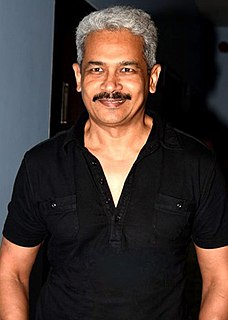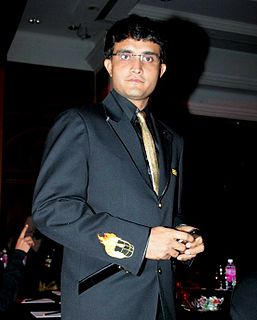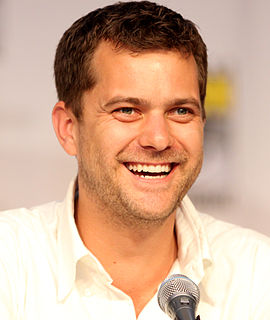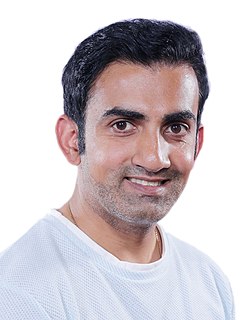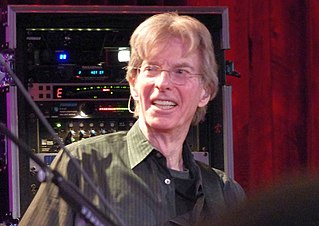A Quote by Raphael Bob-Waksberg
BoJack' is a very much a format-based show. The story should always match the format, but I don't necessarily think the story has to come first.
Related Quotes
I always think of albums as the format. I think it's perfect. I don't think you can tamper with that. It's not just sound, the analog, which is so much richer. It's the format. You're constrained by just 45 minutes, and it's perfect to me. I don't want to listen to any more than, and I live and breathe music.
I'm not as religious as some people about "the album." To be honest, that was a product of a format. You had vinyl, and you could fit five songs on each side, and that's 45 minutes. You had A-side songs and B-side songs; I always loved the first song on side B. And there's nothing wrong with that. Prog albums of the 70s adapted to that format very much. But not all musicians want to create 45 minutes of music that has to be listened to in chronological order.
I am wary of repeating myself too much. In this age of Netflix, as a Netflix show, if you want to go back and watch a season 1 episode, you can do that easily. I'm not interested in repeating the same story beats over and over and over again. But part of the truth of BoJack story is about how much he repeats himself and these patterns that are difficult to get out of. I'm trying not to be evasive about that. I'm not using that as an excuse. I think that's convenient to fall back on as a TV writer: "Oh, it's a show about stagnation."


